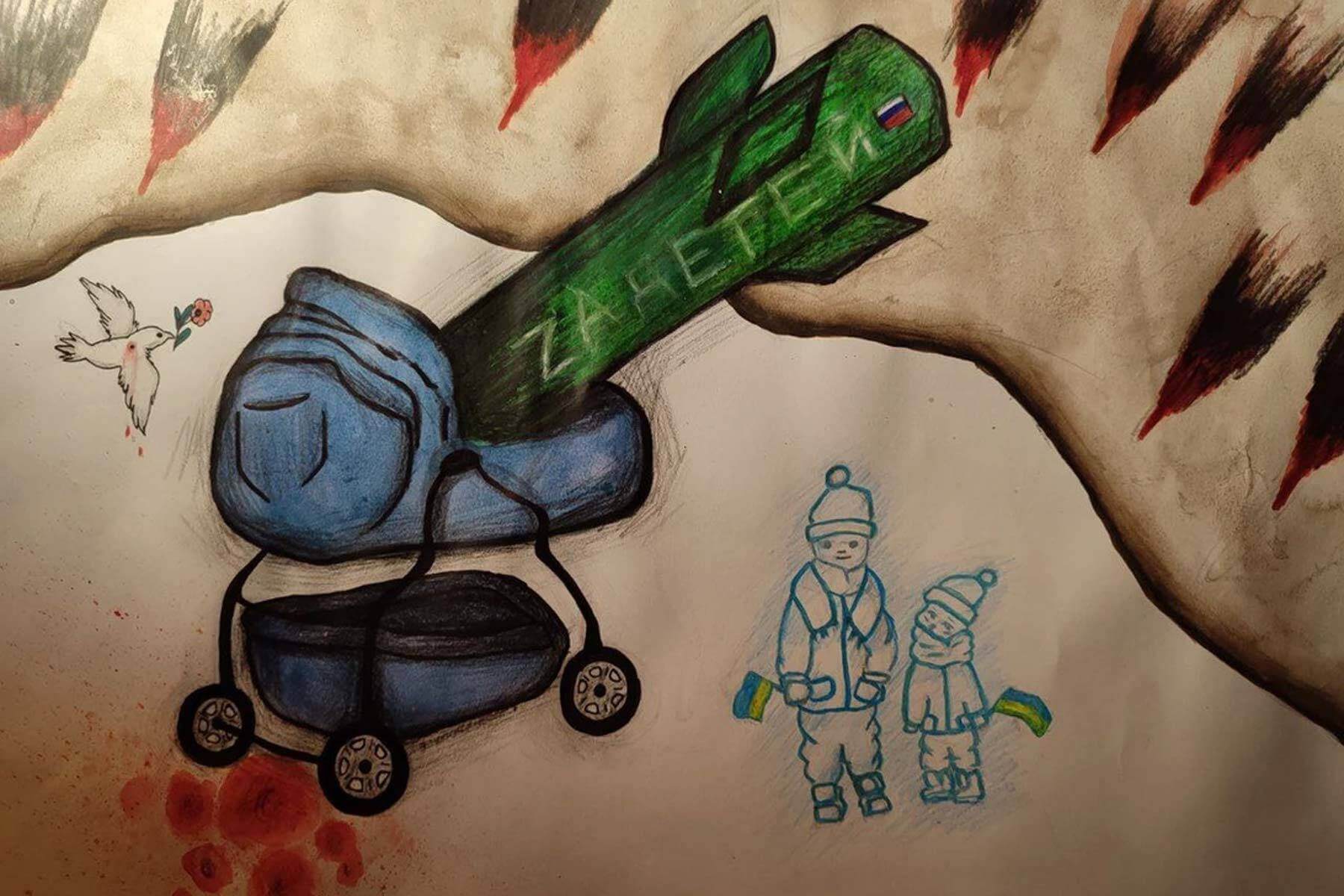War destroys many things—homes, schools, hospitals, and entire cities. But the saddest thing about war is what it does to children’s minds. In places like Syria, Gaza, Ukraine, Sudan, and Afghanistan, children live their formative years surrounded by fear, violence, and death. These children are the silent victims of war. Their bodies may survive, but their minds may have wounds and scars that run far deeper than anything that can be seen on their bodies.

Growing Up Too Soon
In normal times, childhood is about playing and learning, and laughing. In war, children lose the joys of childhood. Children learn to hide from bombs, as opposed to walking to school, they run from gunfire. Many, also see dreadful things, observing their friends and sometimes family members get hurt or even killed. These traumatic experiences may last with them for a lifetime.
The children in war zones are forced to grow up too fast. They often become the guardians of their younger siblings or are forced to find something to eat or work to help sustain their family. Some children are even forced to be soldiers. Regardless, the things they have to carry, and the trauma they have to live with, rob them of any innocence, and they are often left to process their experiences in confounding, frightening, and angry ways.
The Invisible Wounds of War
The psychological wounds of war are always difficult to see. A child could look healthy and fine on the outside, but experience turmoil on the inside. War can cause all sorts of mental health problems, including the following:
Post-Traumatic Stress Disorder (PTSD): youngsters may experience nightmares, and flashbacks, and be in a state of nervousness or fear all the time.
Depression: Kids may feel down or hopeless, and not get pleasure from their enjoyable things anymore.
Anxiety: A lot of children become worried and very frightened when they are in a safe environment.

No School, No Safe Space
Vietnam is no longer Vietnam and Afghanistan is no longer Afghanistan. For many kids, school is not just a place for learning. It’s a place of safety and friendship and where kids begin to dream about their lives, and dreams for the future. But war destroys schools, and war can make it impossible or too dangerous to even think about going to school. In some parts of the world, schools have been changed to shelters or military bases. These kids are not simply losing their schools, they are losing their routines, they are losing educators, and they are losing their dreams for the future.
What do Social psychologists think about the impact of war on children
Social psychologists state that war causes prolonged feelings of fear, trauma, and distrust, especially in children. War can cause mental health problems, poor education, broken communities, and violent cycles for the next 100 years; traumatized children can grow up, or not grow up, and pass on their trauma to the future generation, harming future growth and peace in society.
Living with Loss
In war zones, a lot of children lose parents, siblings, or friends. Some children become orphans. Other children lose their homes, or their lives change dramatically. Loss of this kind is painfully emotional. Some children cry a lot, some don’t speak at all, and some are withdrawn.
What Can Be Done?
Youngsters are resilient, and many will recover given support. But children need support.
- Providing safe environments for children to learn and play
- Support from family and community
- Education is also important. When children are back in school, they have hope. When children play and laugh, they begin to heal.

Read more: Kashmir to Gaza: the Hidden Mental Wounds
A Message for the World
War should never involve the youth. They are not soldiers, they are not enemies, and they are most clearly the future. The world should protect them; not only from bullets and bombs, but from the emotional trauma long before the physical scars heal.
War does severe emotional harm to children. The impact can be both serious and long-term emotional harm to youth and has the potential not only to affect today but will affect tomorrow because they carry trauma into the future.



Leave a Reply